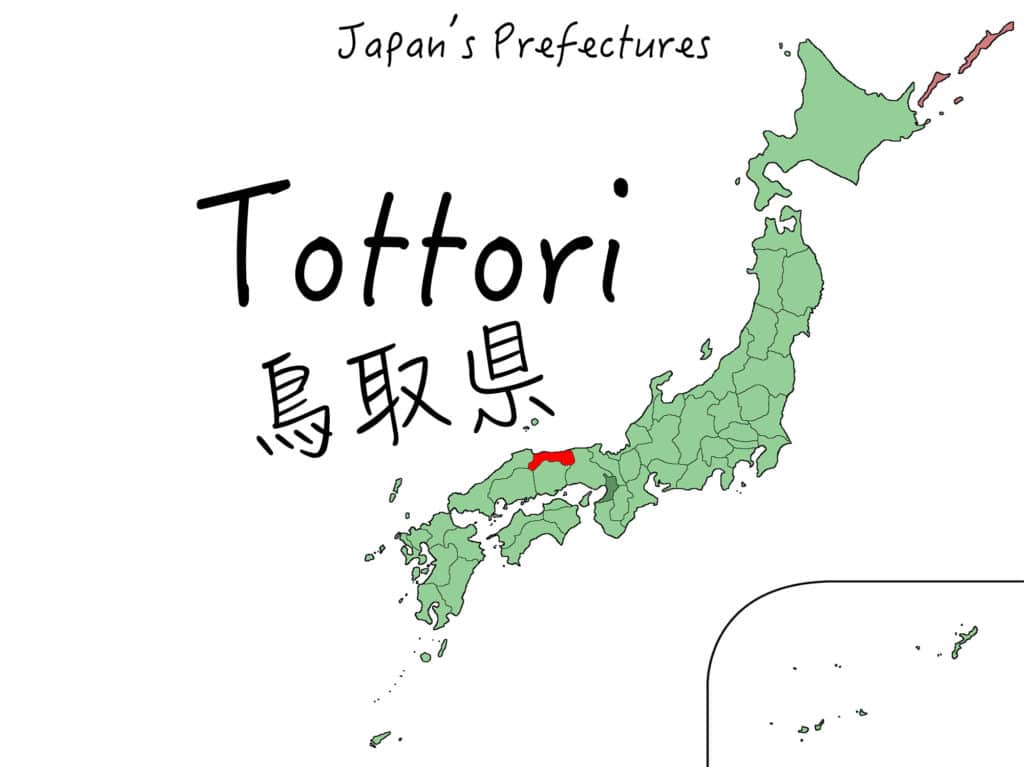Japanese farmers are using genome sequencing to identify super Wagyu mamas to selectively breed genetically superior Wagyu herds. The effort is spearheaded by the Wagyu farmers in Tottori Prefecture, a coastal region in the south of Japan’s main island.
Tottori currently only has 2 full-blooded Wagyu brands – Tottori Wagyu and Tohaku Wagyu. However, the prefecture has worked hard to distinguish itself from the rest of the country as a Wagyu producing region. For instance, within the Tottori Wagyu brand, a sub-brand named Tottori Wagyu Oleic Acid 55 was established to spotlight the approximately 20% of Tottori Wagyu whose meat contains a level of oleic acid over 55%. As the main component of olive oil, the oleic acid has an extremely low melting temperature at 16 °C (60.8 °F) and is considered to have many health benefits. In Wagyu, the oleic acid creates the melt-in-your-mouth sensation.
Another initiative by Tottori is the testing of the DNA of all heifers between 1 and 3 months old to determine their meat yielding abilities. The data extracted from the DNA is used to calculate a “Genome Breeding Score,” which is compared with the information of over 10,000 cattle in the database to determine each individual’s potential. The aim is to identify the high performers at a young age and keep them in the prefecture for breeding or finishing. Tottori is the first prefecture in Japan to do this to all heifers.
There is little doubt that this scientific approach will lead to genetically superior cattle that are plump with highly marbled meat. On the other hand, if this becomes widely adopted by farmers across Japan, will it lead to uniformity and thus a lack of diversity in the taste of Wagyu?
Photo from Washoku Lovers https://washokulovers.com/blog/tottori-prefecture/

